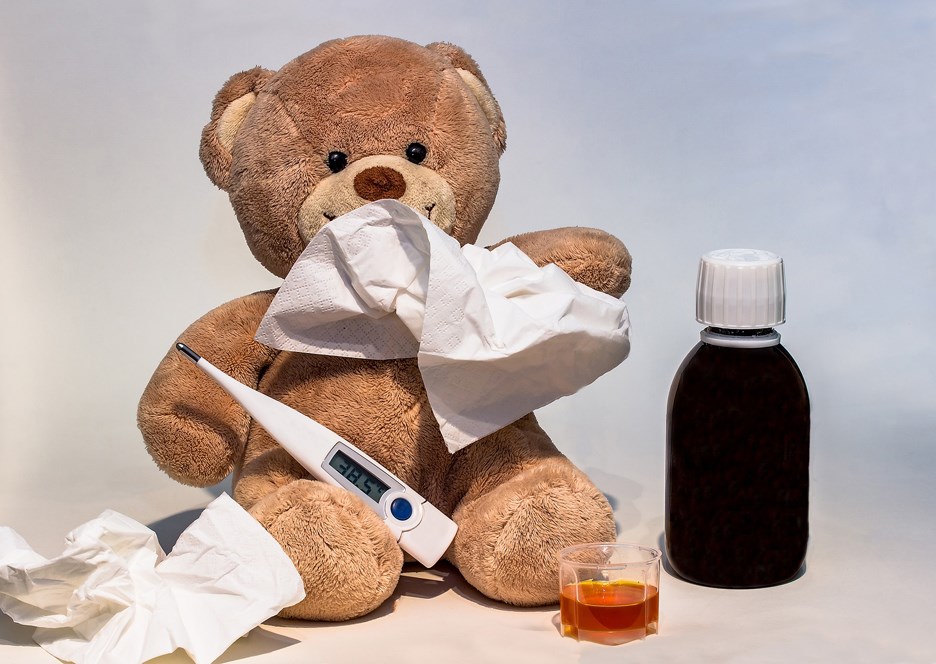I pop onto my local Facebook moms’ group page on a daily basis to see what’s happening in the digital world.
Often, the group serves as a valuable resource for things to do with your kids in the area, tips on how to feed fussy eaters, a venue to vent or a place to provide advice for new parents who feel alone in the perplexing world of parenting.
The online community of moms is a great place to connect, but sometimes I’ll open the window to discover a close-up photo of oozing sores or a questionable query about a raging red rash, paired with prompts for advice from parents.
Many are quick to reply with suggestions and anecdotes, but the first thing that comes to my mind is, “Why don’t you ask a freaking doctor?”
I know that the lineups at medical clinics and emergency rooms can be unbearable, but I’ve also been on the receiving end of eyerolls from doctors who are visibly fed up with patients who wholeheartedly believe in self-diagnoses based on Google searches and advice from unknowing friends.
Unfortunately, these medical guesses lead to unwarranted requests for antibiotics, devastation due to the presumed severity of an illness and apathy towards asinine symptoms that end up being more serious than assumed.
I’m sure it’s enough to drive a professionally-trained physician crazy.
Parents seem to have abandoned their natural instincts in favour of taking opinions and advice found online as fact.
When you’re responsible for little lives, it can be easy to get caught up in the moment and digest articles or comments in chat groups - looking for a quick fix. You want to make your kids feel better as soon as possible, but trusting the untrustworthy sources that are found on the internet can do more harm than good.
Many parents rush to Facebook groups, blogs and search engine results for advice, hoping to resolve their concerns quickly. But they are blind to the red flags that signify a scam or a hook.
Some don’t recognize that a medical website riddled with ads may be more of a sales ploy than a reliable source and may not notice when results are geared towards bringing new clients through the door for a consultation rather than providing a reliable suggestion to cure their ailments.
Parents, let’s practice what we preach. Just as we remind our kids, it’s important to remind ourselves as well not to believe everything that we read online. When it comes to matters of the heart, input from like-minded moms can be a valuable tool, but for matters of health and safety, consult the experts, don’t question your Facebook friends.
Anyone can post as a pediatrician, philanthropist, or parent, so what you find online should be taken as informational at best, and may not always be in your best interest.
Bianca Bujan is a mom of three, writer, editor, and marketing consultant. Find her on Twitter and Instagram at @bitsofbee.



